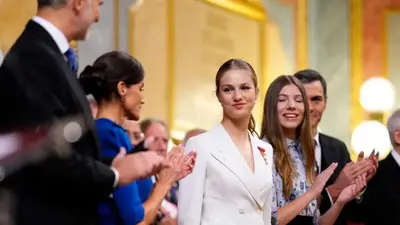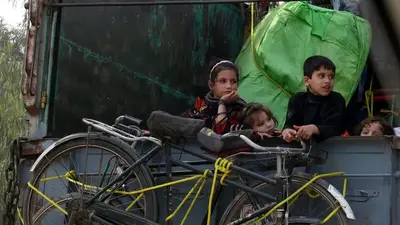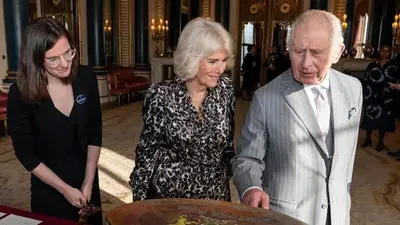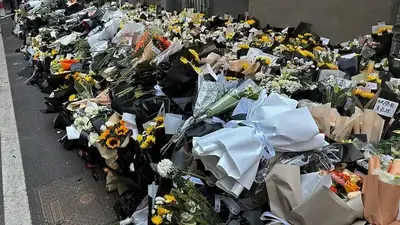World News
Leader of ex-communist rebels becomes Nepal's new PM
KATHMANDU, Nepal -- The leader of former communist rebels became Nepal’s new prime minister Sunday with the support from his ex-opponent and other smaller political parties.
The announcement was made by the office of President Bidhya Devi Bhandari after the Maoist communist party leader Pushpa Kamal Dahal met her to stake his claim for the prime minister following last month's elections in a major twist in Politics in the Himalayan nation.
Dahal has support of more than half the members of the newly elected House of Representatives, the lower house of Parliament.
He is likely to take the oath of office on Monday and prove his majority in the 275-member house later in the week.
Seven parties have pledged their support for Dahal, including his friend-turned-foe Communist Party of Nepal (United Marxist-Leninist), led by Khadga Prasad Oli.
Dahal and Oli had partnered in the last parliamentary election in 2017, but midway through the five-year term they began to squabble on who would continue as the prime minister. It was initially agreed that they would share the term but Oli apparently refused, angering Dahal.
Dahal abandoned the partnership and aligned with Sher Bahadur Deuba and his Nepali Congress party to be part of a new coalition government that was led by Deuba.
After the Nov. 20 elections, Deuba and Dahal fell out after failing to agree on who would become the prime minister.
Dahal, also known as Prachanda, or the “fierce one,” led a violent Maoist communist insurgency from 1996 to 2006. More than 17,000 people were killed and the status of many others remains unknown.
The Maoists gave up their armed revolt, joined a U.N.-assisted peace process in 2006 and entered mainstream politics. Dahal’s party secured the most parliamentary seats in 2008 and he became prime minister, but quit a year later over differences with the president.
Prior to the elections, Dahal told The Associated Press in an interview that his main goal was to give the country a stable government that would complete the full five-year term.
Nepal has been hampered by political instability, frequent changes in government and squabbles among parties, which has been blamed for delays in writing the constitution and slow economic development.
No government since the abolition of the centuries-old monarchy in 2008 has completed a full term.
-

 World News14h ago
World News14h agoHaiti Replaces Its Interim Prime Minister Amid Tumultuous Democratization Process
-
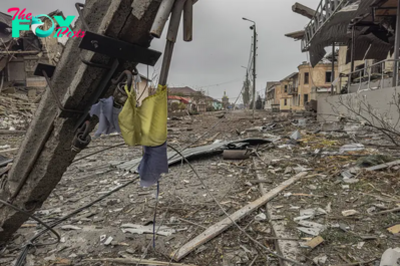
 World News19h ago
World News19h agoDrones Strike Moscow as Top U.K. Official Highlights Russian Casualties in Ukraine
-

 World News1d ago
World News1d agoKate Middleton Attends Remembrance Sunday Ceremony as She Slowly Returns to Duty
-

 World News1d ago
World News1d agoPrince William Describes Family’s ‘Brutal’ Year as Wife and Father Faced Cancer Treatment
-

 World News1d ago
World News1d agoOfficials Condemn Protesters’ ‘Antisemitic Attacks’ on Israeli Soccer Fans in Amsterdam
-

 World News3d ago
World News3d ago50 European Leaders Assess How Trump Will Affect Their Fortunes
-
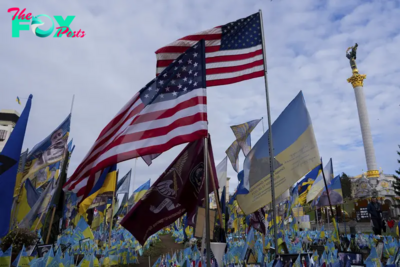
 World News3d ago
World News3d agoWhat Trump’s Win Means for the World
-
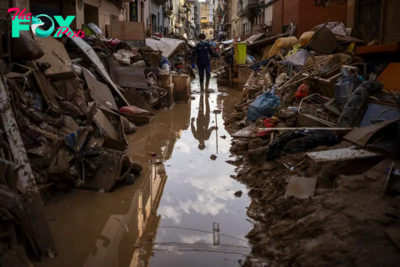
 World News4d ago
World News4d agoA Week After Spain’s Catastrophic Floods, Families Hold Out Hope That Loved Ones Are Not Among the Dead
